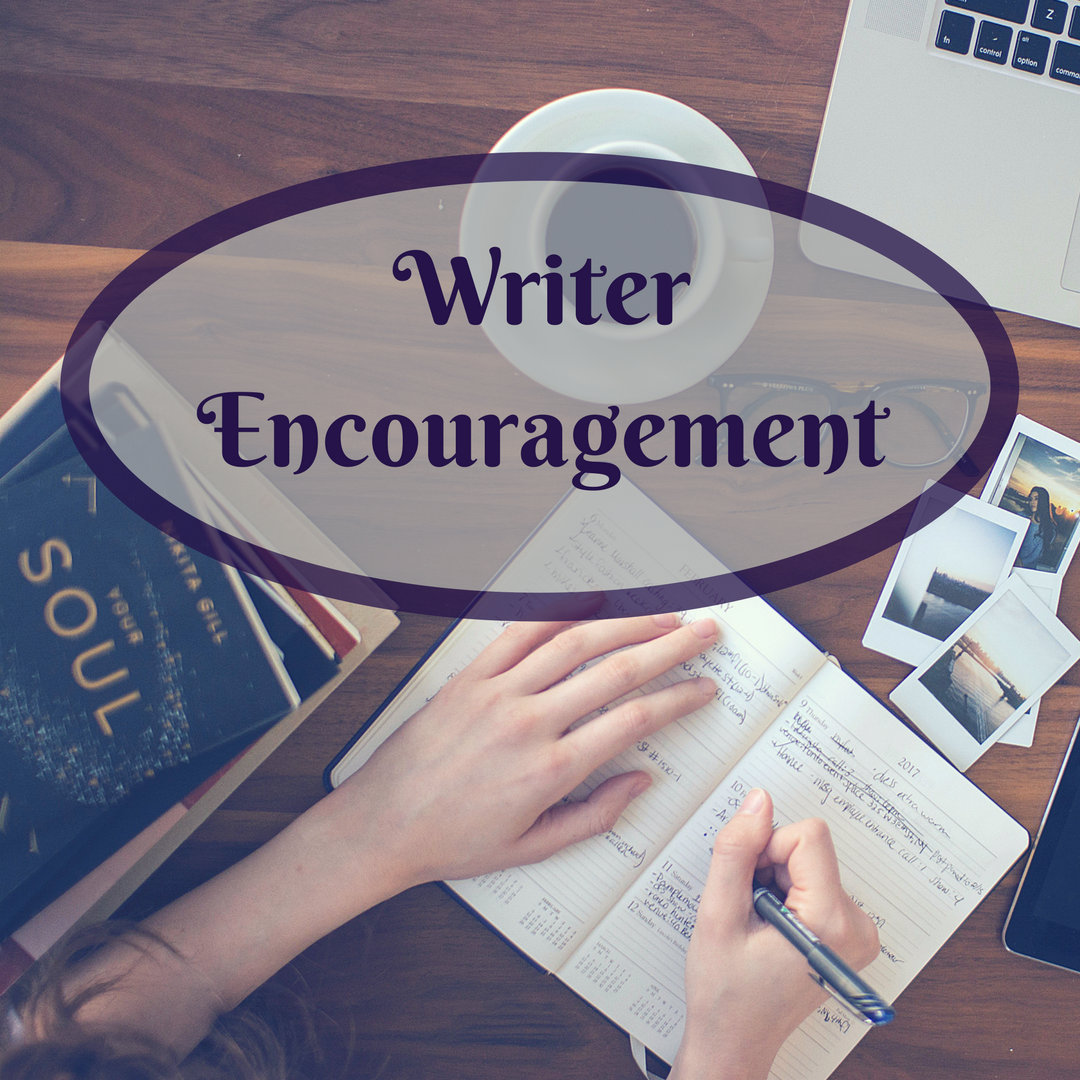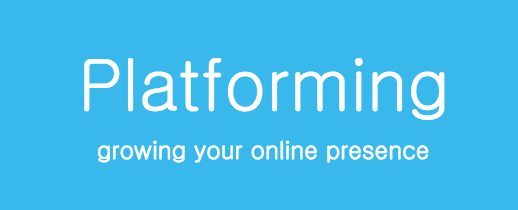
Writing with a Disability (Different Ability)
Skill Set
The first thing I learned after my accident was every brain injury is different. You’ve probably heard me say…
November 29, 2019
The first thing I learned after my accident was every brain injury is different. You’ve probably heard me say…
November 29, 2019
I recently watched an interview with best-selling author John Grisham and was delighted to hear him talk about his…
November 11, 2018
Occasionally a business development tool comes along that works well for writers. SWOT Analysis SWOT—Strengths, Weaknesses, Opportunities and Threats—was popularized…
January 29, 2016